China's DeepSeek shows that the race for AI leadership is no longer about which country has the best chips, but which country knows how to best utilize them.
In 2022, under the name of “an ordinary piglet”, Liang Wenfeng - the founder of DeepSeek - quietly donated 138 million yuan ($19 million) to Chinese charities. At that time, his investment activities were facing mounting legal pressure.
On January 28, 2022, Liang's hedge fund High-Flyer Quant had to issue a statement denying any involvement in the sell-off that caused the Chinese stock market to "collapse".
Three years later, DeepSeek is back in the spotlight for actually causing the US stock market to shake up. The January 27 sell-off wiped out nearly $1 trillion in market capitalization from tech companies large and small, including a $600 billion crash from Nvidia.
The catalyst was DeepSeek R1, a reasoning model that came out a few weeks after the V3 large language model. It was just as powerful as OpenAI’s but cost significantly less to train, raising questions about the valuations of American chip and AI companies.
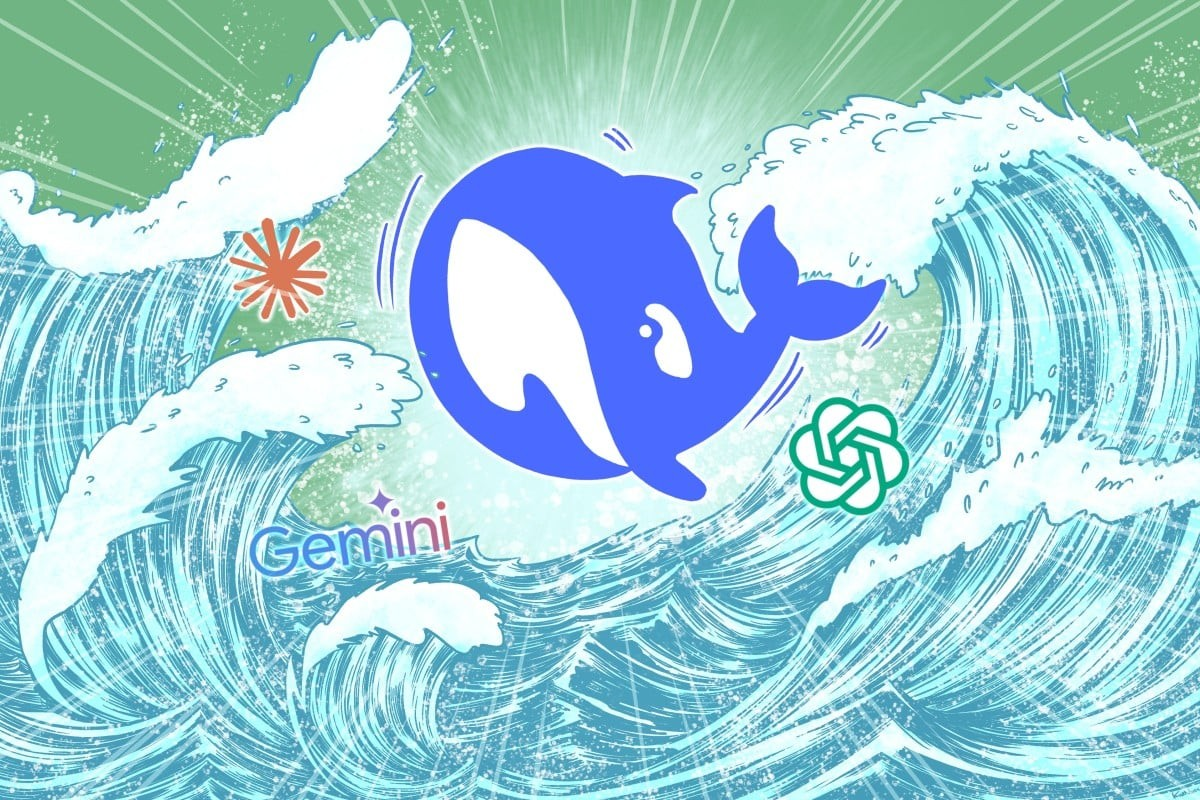
Venture capitalist Marc Andreessen calls the R1 model AI's “Sputnik moment,” akin to when the Soviet Union launched the first satellite into space, beating the United States to the punch.
Deutsche Bank analyst Peter Milliken said DeepSeek was “more than a Sputnik moment,” demonstrating China’s strength in AI innovation.
Chinese media has never been more excited. Xinhua predicts that DeepSeek will create a new wave of AI innovation, accelerating the construction of an automated and controllable industrial ecosystem.
The Science and Technology Daily, a newspaper under the Ministry of Science, said that DeepSeek's breakthrough challenged the computing power of the West. "DeepSeek is like a powerful light that penetrates the fog," the newspaper said.
Rao Yi, a famous Chinese popular scientist, calls DeepSeek the country's greatest invention since the Opium Wars of the 1940s.
DeepSeek’s breakthrough comes as China is being cornered by the US in the AI race. The US has tightened its grip on the export of advanced chips to the mainland, especially Nvidia GPUs – a key component for training AI models, depriving China of its most powerful weapon in the war.
Meanwhile, domestic AI companies are at a disadvantage in terms of capital and cannot invest as heavily as their American competitors.
With advances in AI and a near monopoly on advanced chips, the US has become the most formidable force in the industry. OpenAI blocks access to ChatGPT in China, while closing a loophole that allowed people to use its application programming interface (API) without a virtual private network (VPN), blocking Chinese IP addresses.
DeepSeek R1 has completely changed the view of Chinese AI, shattering stereotypes about what it takes to become an AI leader. High-ranking officials, including Guangdong Provincial Party Secretary Huang Kunming, have praised DeepSeek's achievements.
With the unexpected emergence of a Chinese competitor, OpenAI CEO Sam Altman had to admit the mistakes of pursuing proprietary models, as well as recognize the advances of the open source model. He pointed out that OpenAI needs a different open source strategy.
Although OpenAI says it has evidence that DeepSeek “scraped” its data to develop its models, Altman says he has no plans to sue the startup.
DeepSeek demonstrates how Chinese companies have made strides in software innovation, mitigating the impact of the US export ban on hardware, noted analyst Tilly Zhang of financial firm Gavekal.
“The race to the top of AI is no longer about who has access to the best chips, but who makes the best use of them,” he commented.
At home, DeepSeek’s reputation soared. High-Flyer’s side project became a source of national pride and technological prowess.
A series of chip developers and AI infrastructure service providers are racing to adapt to integrate the DeepSeek model in the hope that the startup will create a fully autonomous “made in China” AI chain.
Despite their fame, DeepSeek and Liang remain humble, keeping quiet about their own rumors and achievements.
In an interview with 36Kr in May 2024, Liang expressed disappointment that Chinese companies did not conduct their own research but relied on others.
According to the founder of DeepSeek, innovation is driven by curiosity and desire rather than business needs. His vision for DeepSeek is to change the world through innovation.
No longer an “ordinary piglet,” Liang has firmly established himself at the forefront of China’s AI revolution.
(According to SCMP)
Source: https://vietnamnet.vn/deepseek-thay-doi-dinh-kien-ve-ai-trung-quoc-nhu-the-nao-2369670.html






























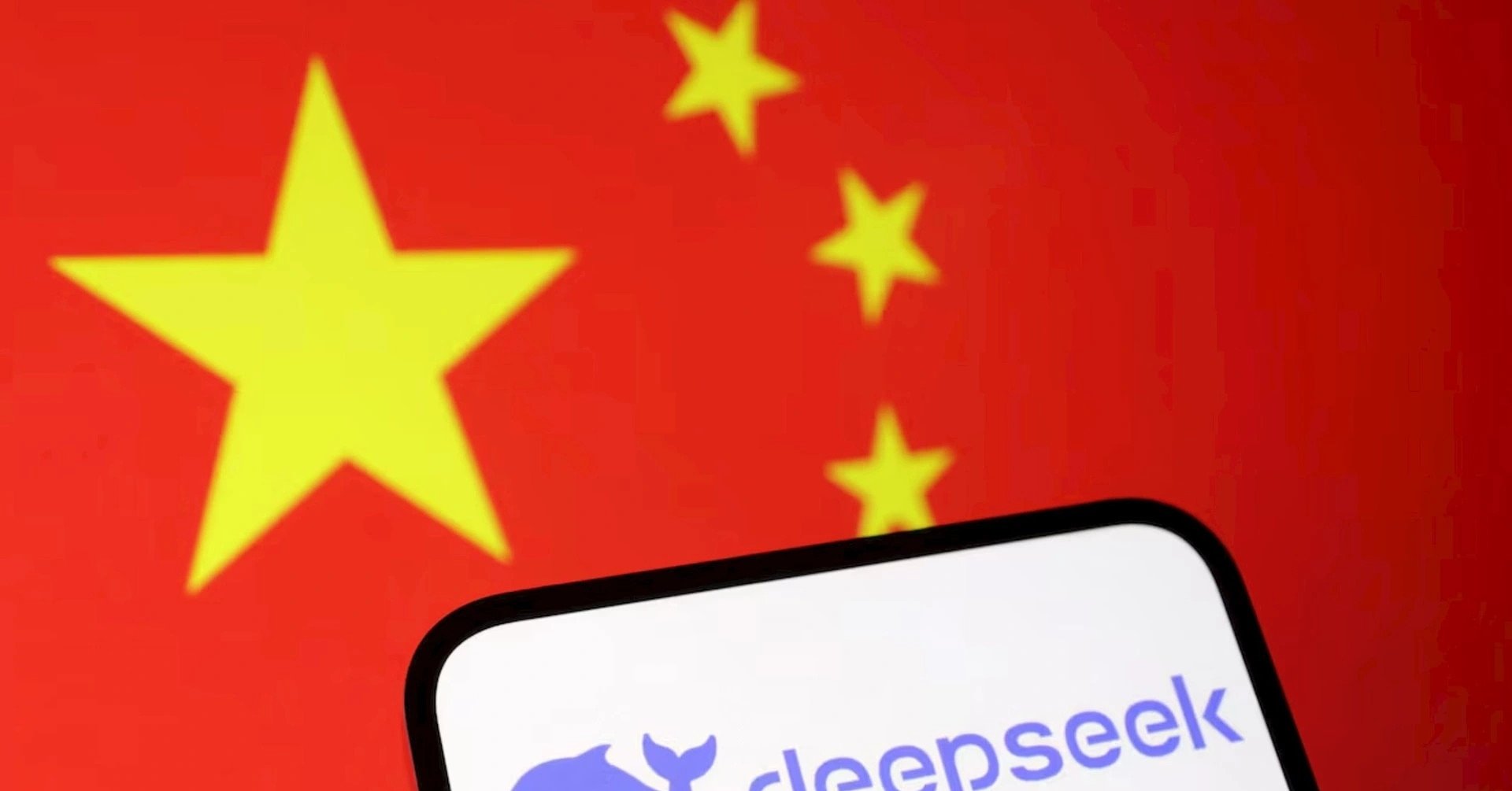




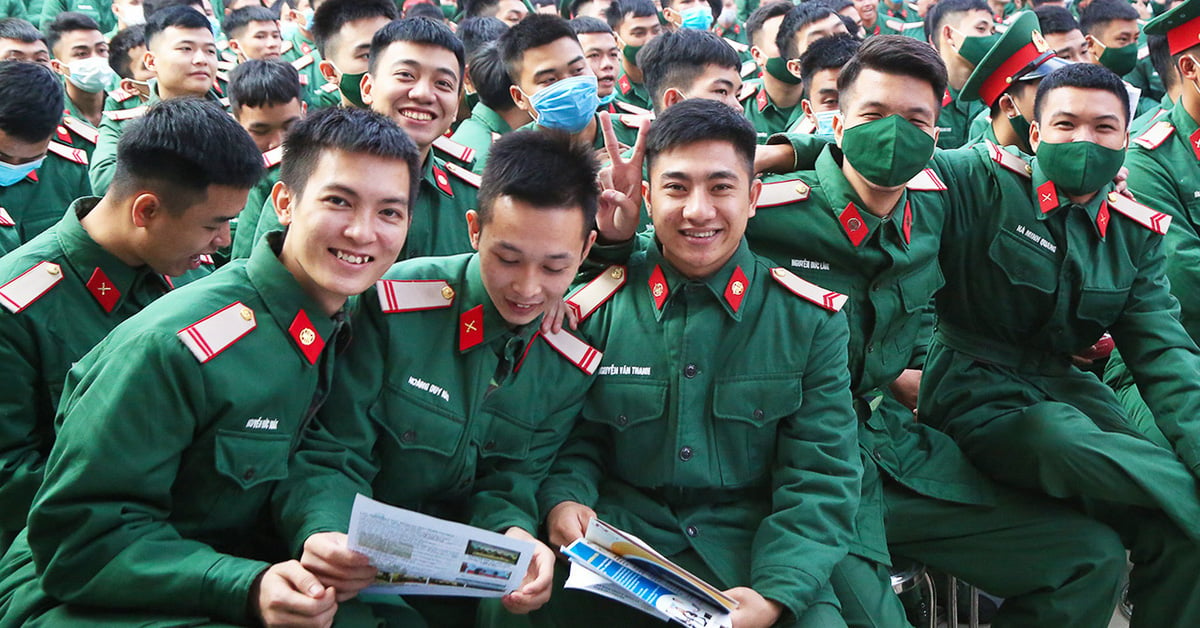



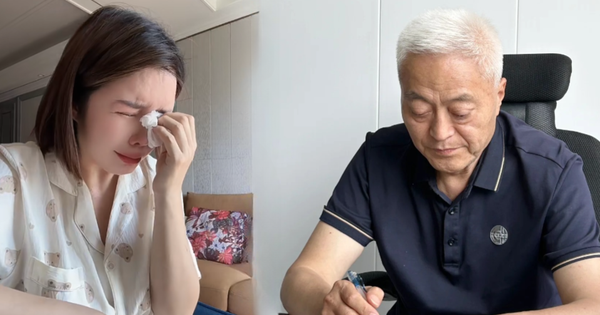


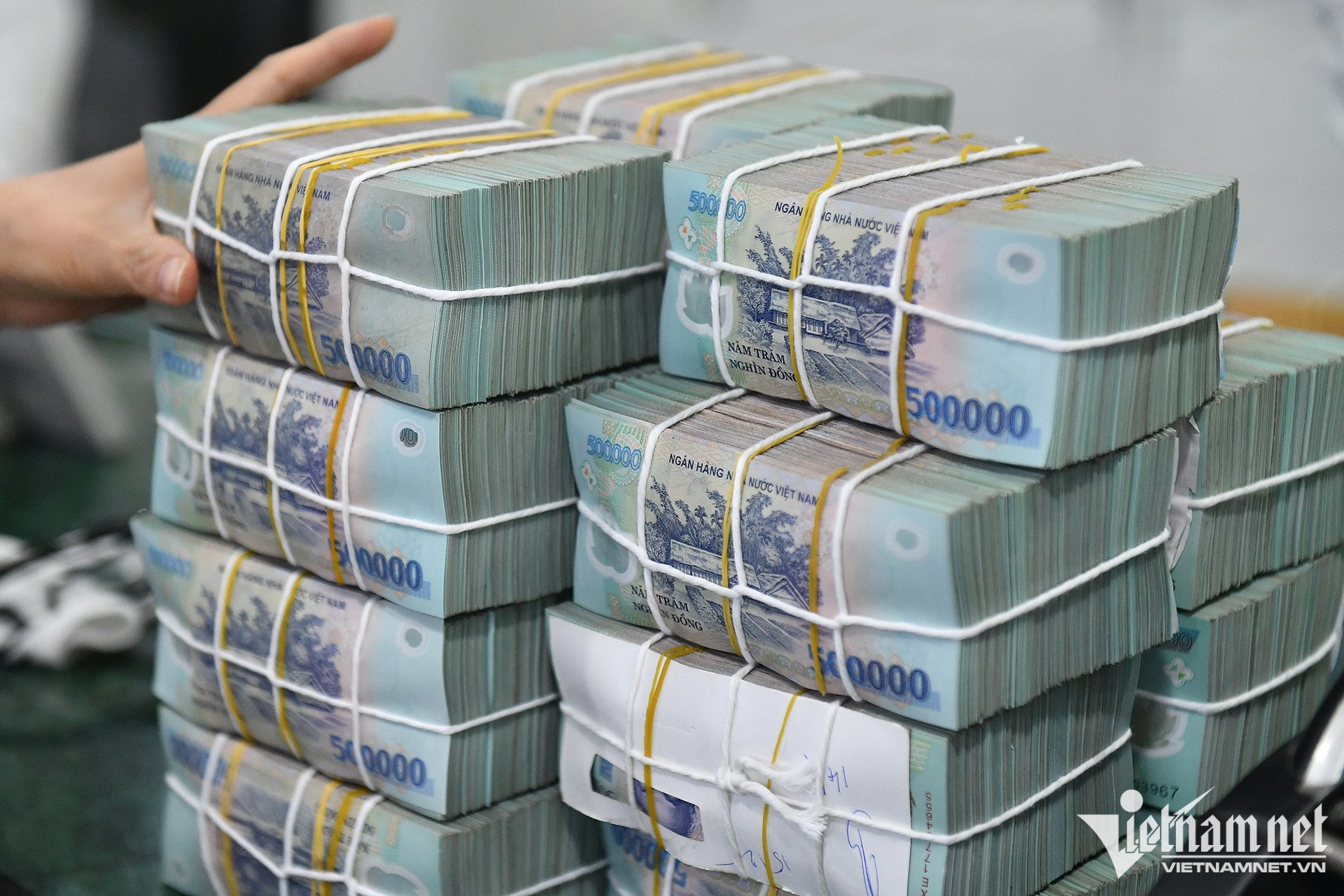
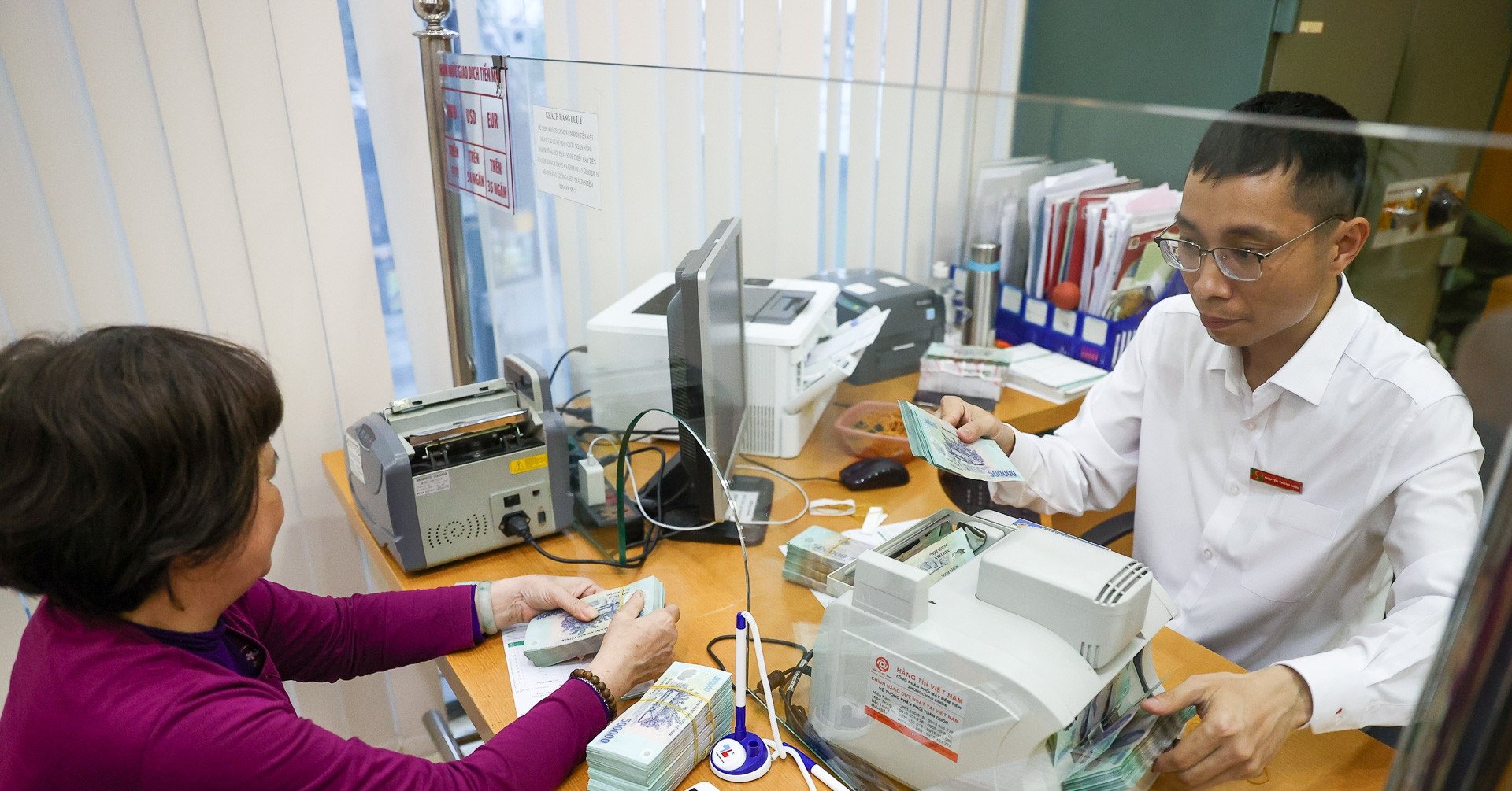

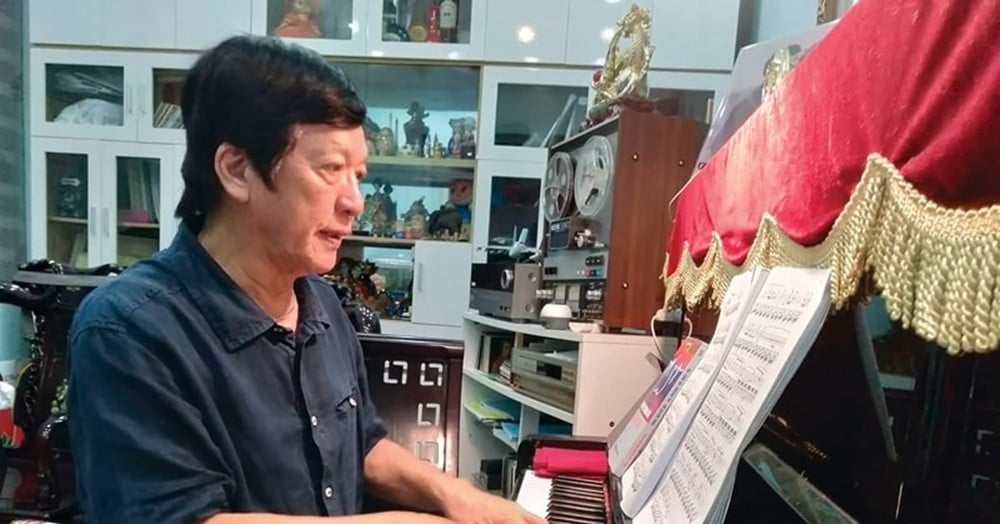


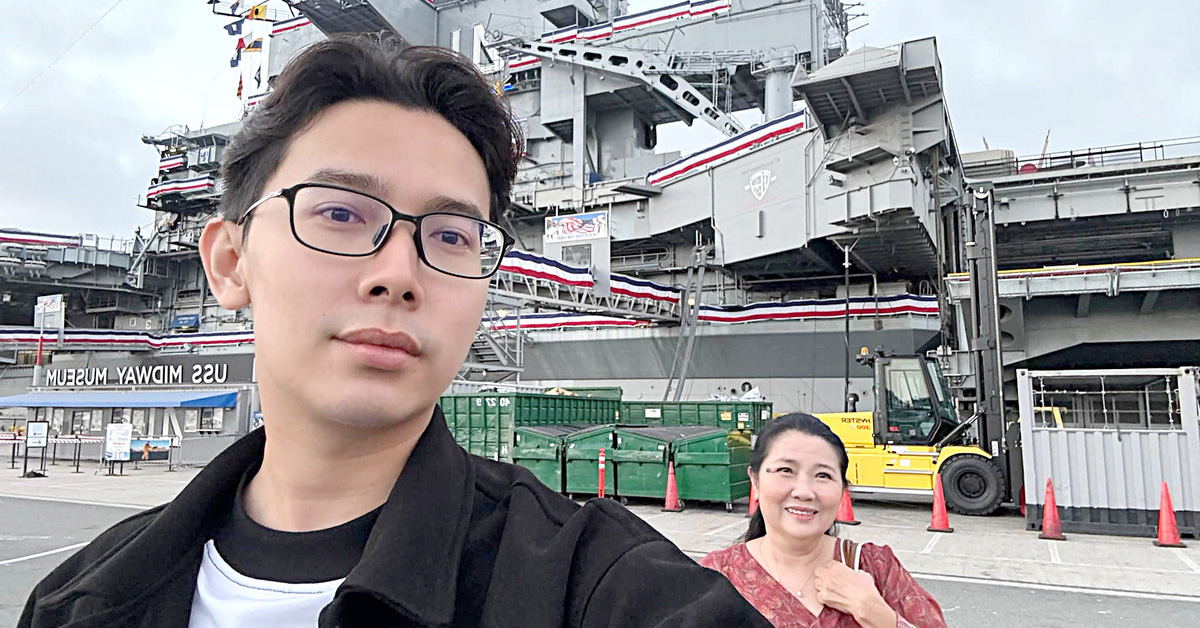

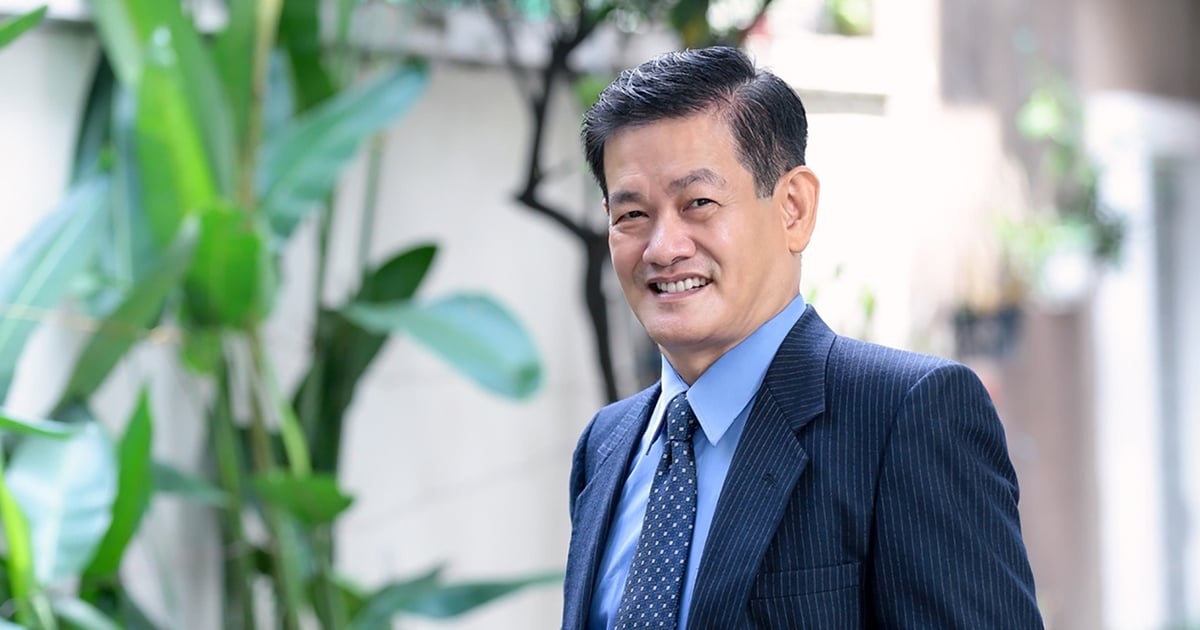

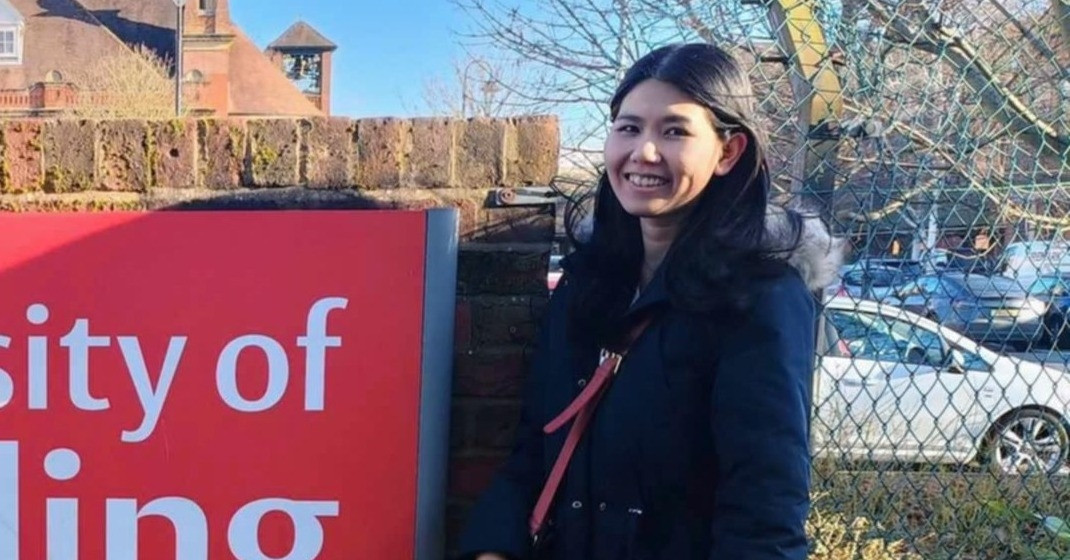




Comment (0)